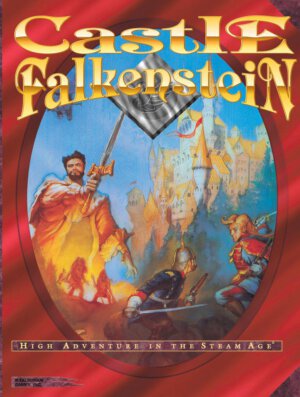
Publisher: R. Talsorian Games
Author: Mike Pondsmith
Illustrators: William C. Eaken, Mark Schumann, Gloria Yuh Jenkins, and Erik Hotz
Year: 1994
Genre: Steampunk/fantasy roleplaying game
Pages: 224 pages
Price: $40.00 from R. Talsorian Games and $20.00 in PDF from DriveThruRPG
Castle Falkenstein is a storytelling game of derring-do in a fantasy steam age where the historical and fantastical collide.
Falkenstein is a game for story lovers. Its central conceit is that the book is a package mysteriously transported back to our reality from a parallel universe in which our history has been altered by the presence of magic. The world is enough like our own to feel familiar —you’ll find no shortage of recognizable names and characters— but still possesses enough twists, turns, and surprises to really sell it as a distinct setting. Falkenstein welcomes original characters, though it also leaves the door open for players to take up the 
The worldbuilding is extensive and framed largely as a story. This keeps it from feeling overwhelming and serves as a detailed and entertaining introduction to the world and its lore. There’s about 150 pages worth of worldbuilding content that precedes any serious talk of how to play and though this reading isn’t strictly necessary, given that the key points are neatly summarized by a small blue blurb of text for those who’d rather jump right in, it seems a shame to breeze over it. There’s a lot of charm and humor involved, and taking the time to really explore the setting allows it to live and breathe. Fantasy and steampunk lovers will be especially enthralled, but fans of history and nineteenth century literature will also find no small number of details to surprise and delight.
Beautiful full color art abounds throughout the book, further setting the tone. Eagle-eyed fans of R. Talsorian’s other properties may spot hidden easter eggs, including at least one reference to Cyberpunk.
Mechanically, Falkenstein isn’t the typical RPG title. Rather than rely on dice, the game runs off decks of standard playing cards, as befitting the refined card-playing upper class of the game’s society. Players draw cards and combine them with their skills to meet or exceed test requirements. Though players may use any combination of cards in their attempts to pass a test, each suit provides additional bonuses for a given set of actions (e.g., hearts for 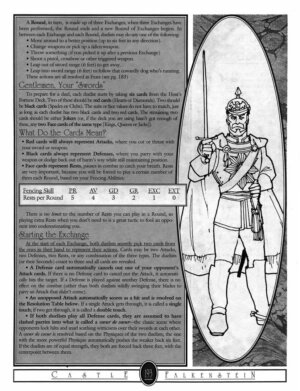
Castle Falkenstein is an inventive, wonder-filled game that revels in both its setting and its influences and encourages players to truly inhabit the role of their characters. Its detailed worldbuilding and gorgeous art help to quickly immerse newcomers and set the tone for the adventure to come. Falkenstein asks more of its players in developing characters and in keeping track of them than many other roleplaying systems, and the lack of a standardized sheet may be off-putting to those who prefer a more conventional gaming experience. Castle Falkenstein would be a strong addition for fans of games like 7th Sea or Once Upon A Time.
[rwp-review id=”0″]




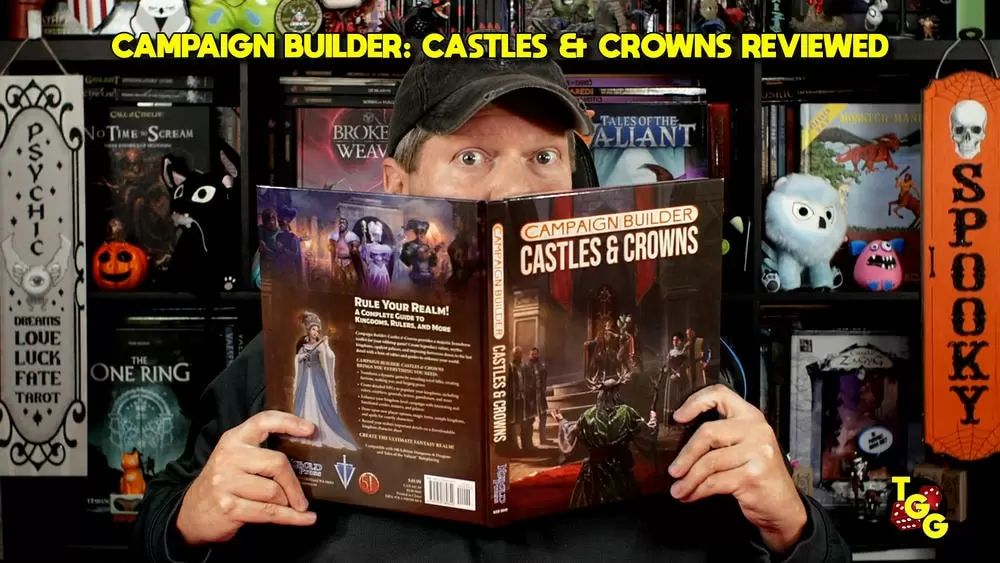
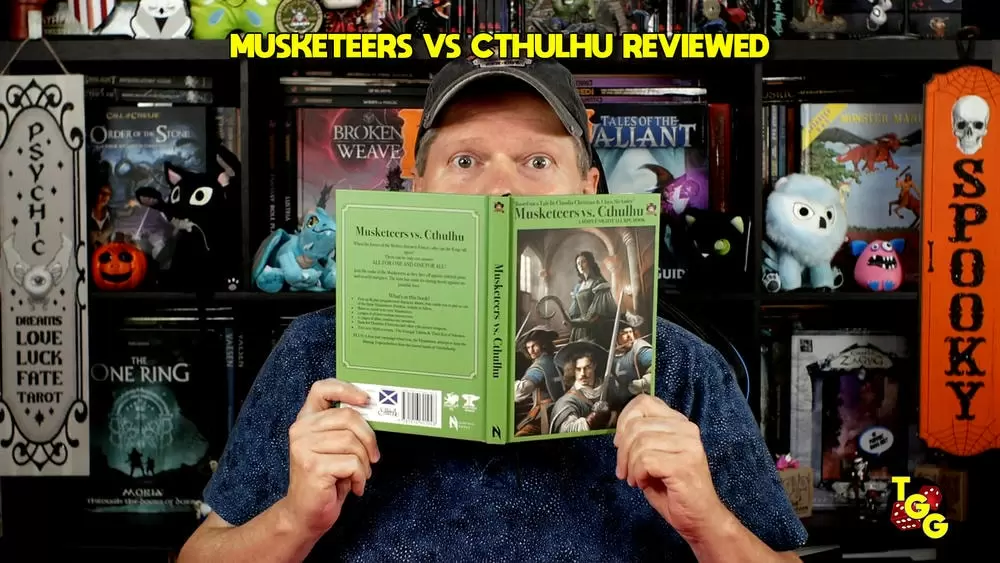
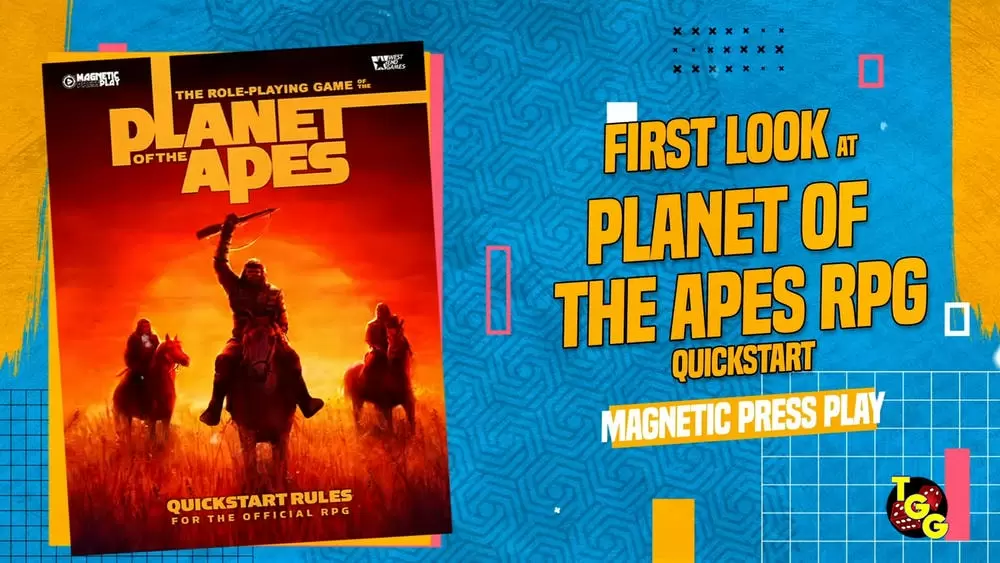
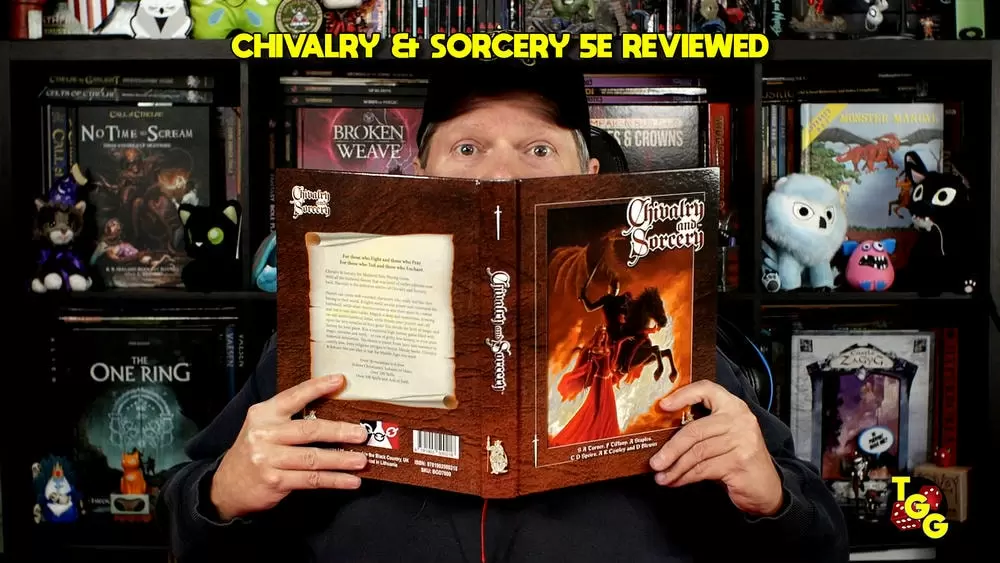




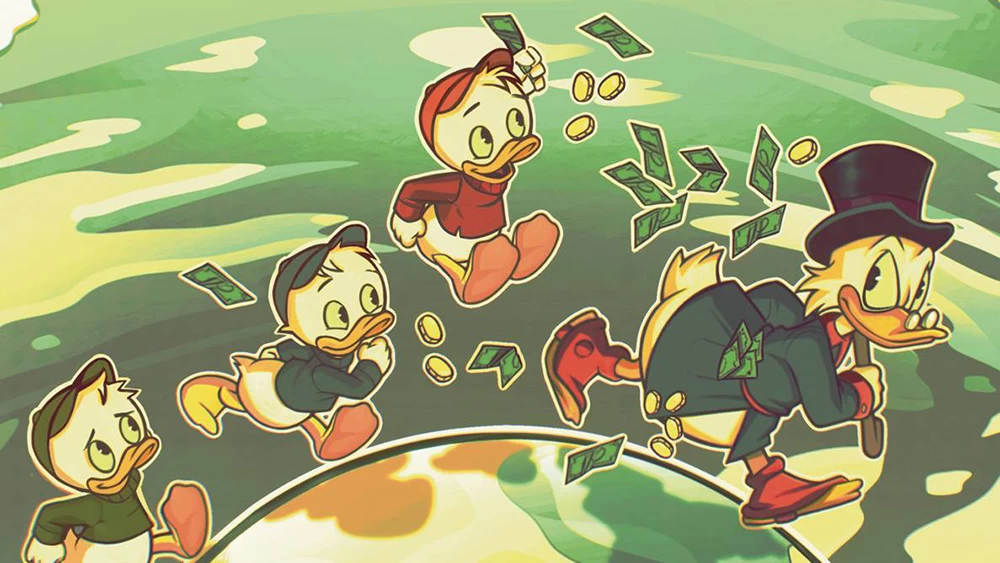

Personally, I found the corebook for Castle Falkenstein a rather strange beast. On one hand, the system is very unique, obviously a labor of love, and a really entertaining read to boot for the most part. On the other hand, it’s one of the most poorly laid out RPG books I’ve ever seen as far as accessibility and trying to learn the system and the physical copy’s paper stock is so thin there’s bleedthrough just about everywhere, especially throughout the first half of the book’s color presentation. I can see Castle Falkenstein would certainly be a blast to run or play once you’re able to fight your way through the presentation. I think the venerable system truly deserves a new edition, once R. Talsorian finishes up Cyberpunk Red of course.